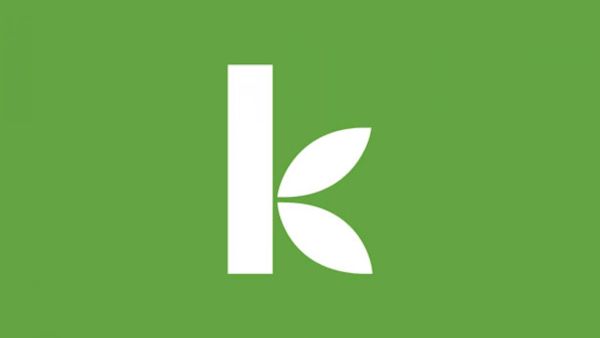
When any of us wants to borrow money from the bank, whether it is for a new car or a home, or even to start a business, we expect complete confidentiality from our bank. It’s a private matter between us and the bank staff.
Yet, when Kiva borrowers need a loan, we expect them to agree to have their information posted on the internet for all to see, along with a picture and sometimes even a video. Are we unnecessarily invading their privacy?
Clearly borrowers are not being forced. They have a choice. Indeed, I am told by the loan officers here at Ameen that some people often do object to the picture in particular and choose not to take a Kiva loan at all. They are then offered another loan product Ameen provides not funded through Kiva.
However, if Kiva provides people with an opportunity where there would not otherwise be one, we realize that we are urging borrowers to, in a sense, give up their privacy for a loan. Is it fair to put them in that situation?
Before I arrived at my host MFI and began to meet borrowers, I had not thought about the privacy of borrowers. I only thought that the information being provided was necessary to facilitate the connecting between lenders and borrowers and to make Kiva possible. The amazing power of the Kiva concept and the opportunity it was providing borrowers in poor communities was all I saw.
Kiva already does a lot to protect a borrower’s privacy, like giving MFIs the option of hiding a borrower’s last name, or not listing the actual address of their business. These are definitely great features. But I think we should be able to do more to protect their privacy. Here are some of the things I find disturbing at present:
- Borrowers can be searched on Google by anyone.
- Borrowers pictures are online for anyone to see along with their first names.
- Personal information is listed, such as marital status and number of children and their business activity, making it possible for people to identify them with a little effort.
Another related issue I find disturbing is that borrowers are being labeled as poor when they do not necessarily see themselves as such. Poverty means different things in different places. A person asking for a loan from a partner MFI for their economic activity works hard and provides for his or her family and may not see themselves as poor.
I must say that the team in charge of the Kiva Fellows Program and the training we went through as fellows, was careful to highlight the need to avoid “cultural imperialism” in implementing Kiva. I feel that the more concern for the privacy of borrowers falls within this.
Some suggestions for increasing privacy protection for borrowers could be:
- Restrict access to the full information on borrowers to Kiva registered users or even active lenders on Kiva.
- Provide borrowers some optionality to provide as much information as they feel comfortable providing.
I think that as Kiva grows and matures, the privacy of Kiva borrowers should be looked at more closely to see how we can better balance the interests of lenders and those of the borrowers. As users on the internet we are always reminded of the importance of protecting our privacy. Why shouldn’t Kiva borrowers also have the same level of protection? This should be especially important given that the bulk of these borrowers have no access to the internet.
—
Nemr is a KF7 Kiva Fellow spending 12 weeks at Ameen. You can also check out his personal blog here. Check out some of Ameen’s borrowers and make a loan today by clicking here.














